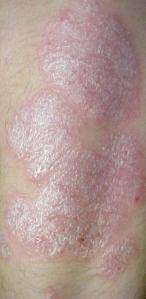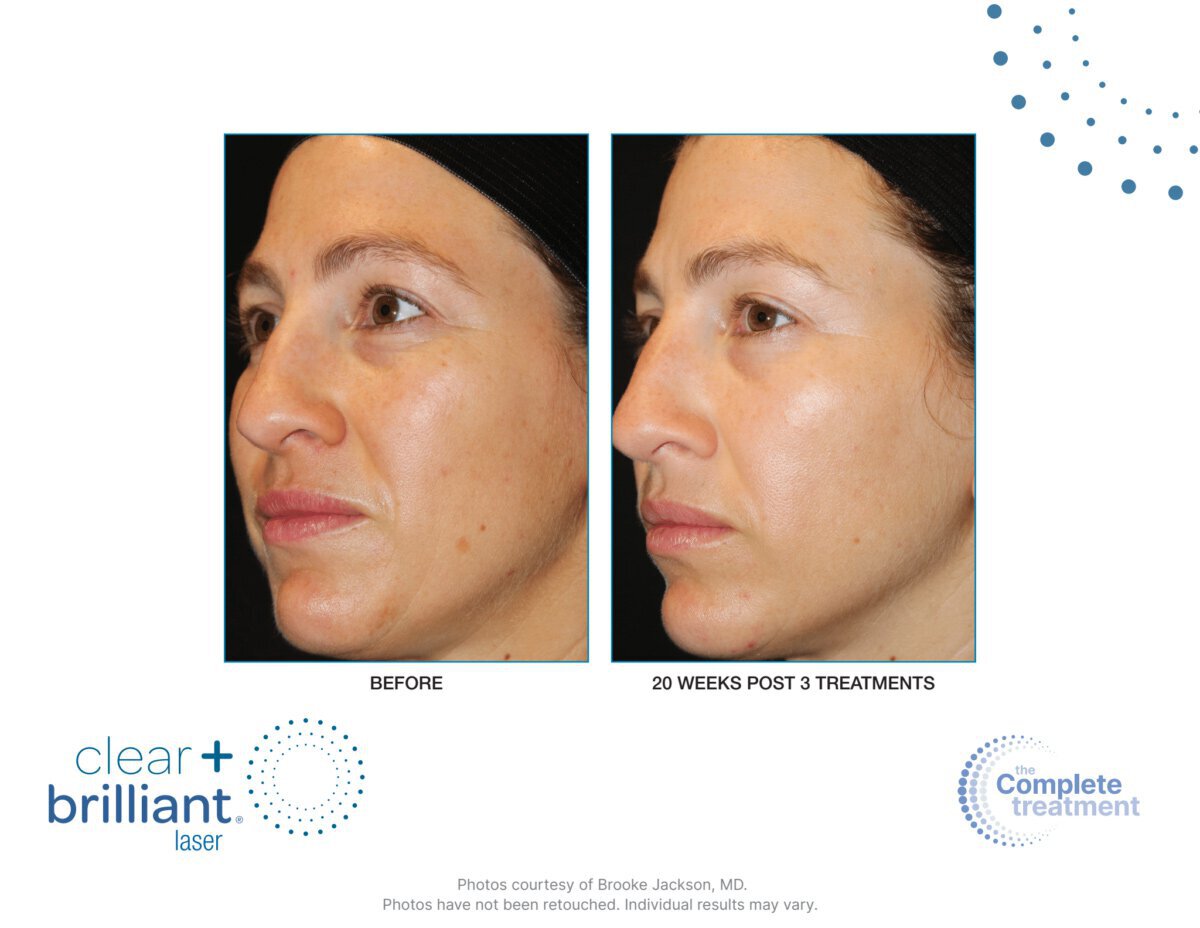

For medical office visits, we are a cash-only practice. Our initial medical office visit is $300 and follow-up medical appointments are $200. Please feel free to contact us at the number listed below if you have any questions, or would like to schedule an appointment.
Psoriasis is a non-contagious chronic skin condition. It is not passed on to anyone through touch or exposure. The exact cause is unknown. Researchers contend that psoriasis has both hereditary and environmental components and is mediated by the immune system. Normally, skin cells that are formed in the deepest layers of your skin make their way to the surface. Theses cells mature, are sloughed off the body’s surface, and are then replaced with new skin cells from beneath. This cycle takes approximately a month. In someone with psoriasis, however, once the immune system is accidentally activated, and an abnormally rapid skin cell cycle occurs. This means the cells move from the deepest layers of your skin to the surface in about four days instead of a month. Since the cells move to the surface so quickly, they don’t have time to properly mature. Instead, they accumulate on the skin’s surface, forming raised, red patches or “lesions.”
While a doctor can diagnose psoriasis, it is typically done by a dermatologist – a physician who specializes in diagnosing and treating conditions that affect the skin. Researchers believe that the disease may occur when your immune system (your natural protection against bacteria, viruses, and other foreign invaders) is accidentally activated, triggering an acceleration of the normal skin cell cycle. This in turn causes an accumulation of skin cells on the surface of the skin. While no one knows what triggers this response, heredity plays a part in it. If you have one parent with psoriasis, you have a 25% chance of getting it too. If both your parents have it, your chances are more than 50%. On the other hand, some people with no detectable family history have psoriasis. There are various environmental factors, such as stress, injury to the skin, etc. that can trigger psoriasis. For this reason, it is believed that both genetic and non-genetic factors may cause the disease.


While plaque psoriasis is the most common type of psoriasis, the condition appears in a variety of forms that can occur on different parts of the body. Each has its own set of symptoms.
Psoriasis sufferers often develop a type of psoriasis known as psoriatic arthritis. This distinct condition occurs in from 7% to 42% of people with psoriasis. In addition to skin symptoms, you may also experience joint tenderness or swelling, although a few people have joint symptoms with no skin symptoms.
Localized therapies (If Psoriasis affects 5% or less of your body skin surface)
Topicals: creams, lotions, and ointments that are applied to the surface of the skin

Clear + Brilliant® Touch Patient
*individual results may vary
SYSTEMICS:
www.psoriasis.org/netcommunity/home
www.skincarephysicians.com/psoriasisnet/
www.everydayhealth.com/skin-health/psoriasis/index.aspx
We love our patients at Total Dermatology! Read what our satisfied patients have to say about their experiences with Dr. Pilest and our team.
*Individual Results May Vary
Schedule your consultation with board-certified dermatologist Dr. Nissan Pilest at Total Dermatology in Irvine, CA today by calling (949) 727-3800.
*Individual Results May Vary
When it comes to your skin and your health, it really is all about what’s best for you. Total Dermatology understands this, which is why we offer versatile treatments with experienced and highly trained aesthetic professionals led by Dr. Nissan Pilest. Your Total Dermatology transformation awaits.